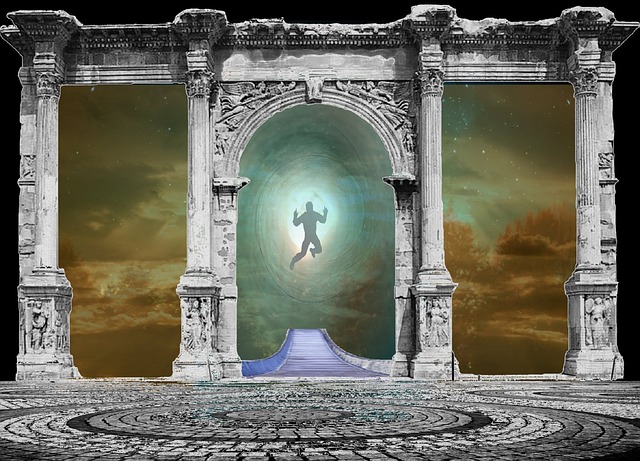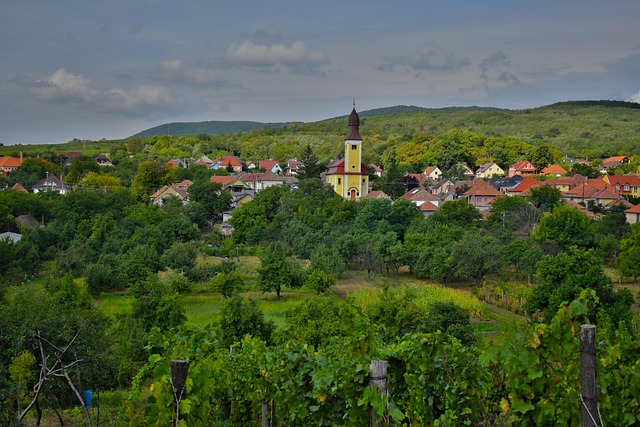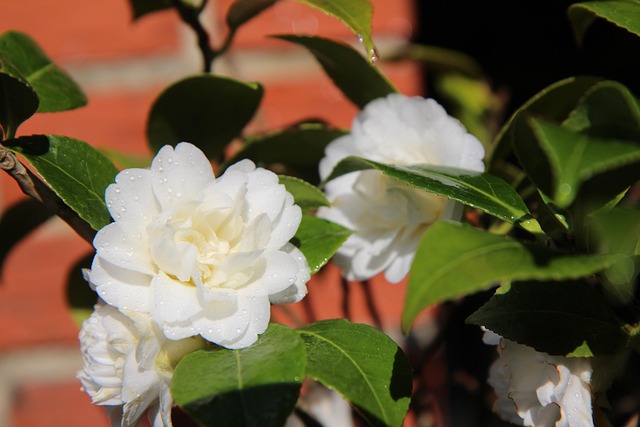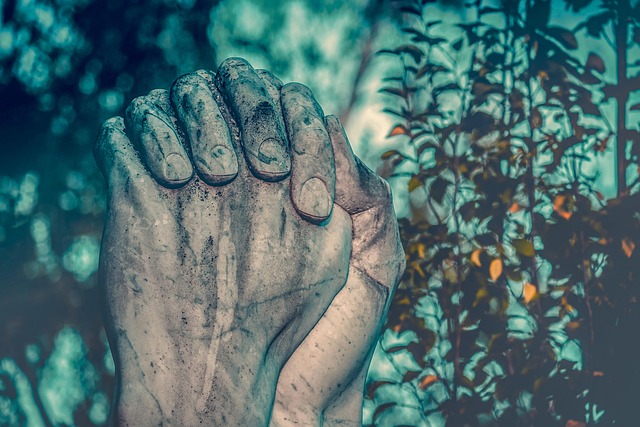Blessed Holidays: Exploring the Notion of Eternal Life in Religious Traditions
The holiday season is a time steeped in tradition, reflection, and joy. As families gather around tables adorned with festive decorations, there is a collective sense of warmth and togetherness. It is during these moments of celebration that we often turn our thoughts toward deeper themes, such as the concept of eternal life. This idea resonates across various religions, offering hope and comfort amidst the hustle and bustle of daily life.
In Christianity, the notion of eternal life is central to faith. The promise of everlasting life with God is a source of solace for believers, especially during this season of goodwill. Christmas, with its emphasis on the birth of Jesus, reminds us of the hope that stems from faith. The message of salvation, as highlighted in the scriptures, assures followers that through belief, they can attain eternal life. This notion gives a profound sense of peace during the holidays, as families come together to celebrate not just the birth of Christ but also the life that is promised beyond this earthly existence.
Similarly, in the Islamic tradition, the concept of eternal life is intertwined with the teachings of the Quran. Muslims believe that the afterlife is a reality, and the actions taken in this life will determine one’s fate in the world to come. The month of Ramadan, which usually falls close to the holiday season, is a time for spiritual reflection, prayer, and charity—a reminder of the eternal rewards that await those who do good. The emphasis on community and family during this significant period instills a sense of unity, making the spirit of the holidays even more poignant.
Jewish celebrations, too, echo the theme of eternal life. While not all Jews may view the afterlife in the same light, the Festival of Lights, or Hanukkah, serves as a reminder of resilience and faith. The candles symbolize hope and the miracle of endurance, connecting generations through shared stories and traditions. The spirit of togetherness nurtured during this holiday is a celebration of life itself, suggesting that memory and legacy are the true forms of eternal life we can bestow upon those we love.
Buddhism approaches the subject from a different angle, viewing eternal life not as an existence in a fixed realm but as the cycle of birth, death, and rebirth. The holiday known as Wesak, which commemorates the birth of Buddha, is a time for reflection and gratitude. The teachings on karma and enlightenment encourage individuals to live mindfully, impacting their present and future experiences. Here, eternal life is about the journey toward enlightenment, emphasizing the interconnectedness of all beings.
As we immerse ourselves in the traditions of the holidays, it becomes evident that the concept of eternal life is not confined to religious doctrine but is woven into the fabric of our daily lives. It serves as a reminder of the love shared between family and friends and the legacy we create through our actions and memories. Regardless of the specific beliefs or traditions we uphold, the idea of lasting connections resonates universally, filling our celebrations with meaning and purpose.
This holiday season, as you gather with loved ones, take a moment to reflect on the everlasting connections we forge. Share stories that celebrate the bonds you hold dear, and consider how your own actions contribute to the broader tapestry of life. It is through these moments of reflection that we begin to understand the true essence of eternal life, allowing the spirit of the holidays to guide us toward a future filled with hope, love, and unity.




